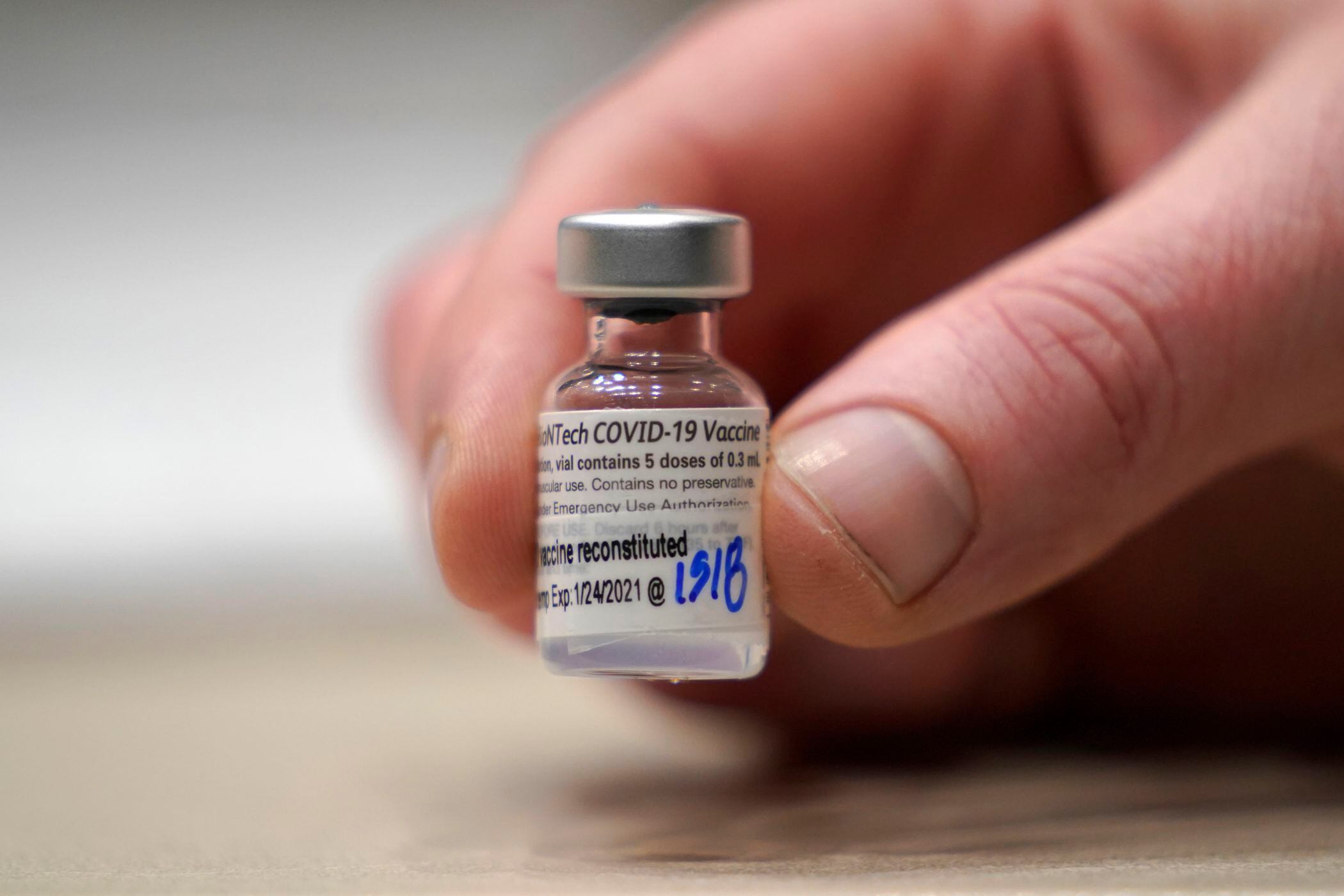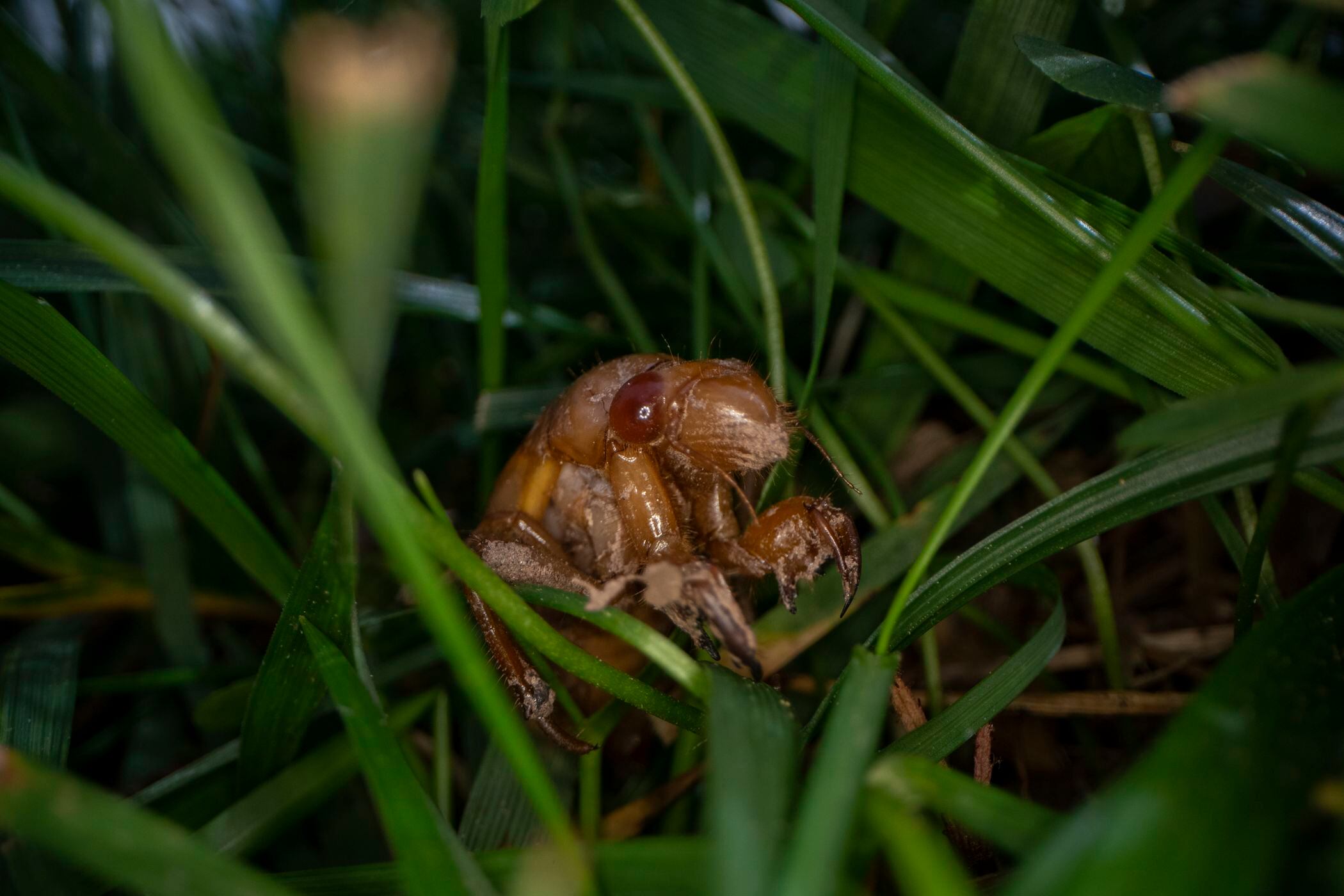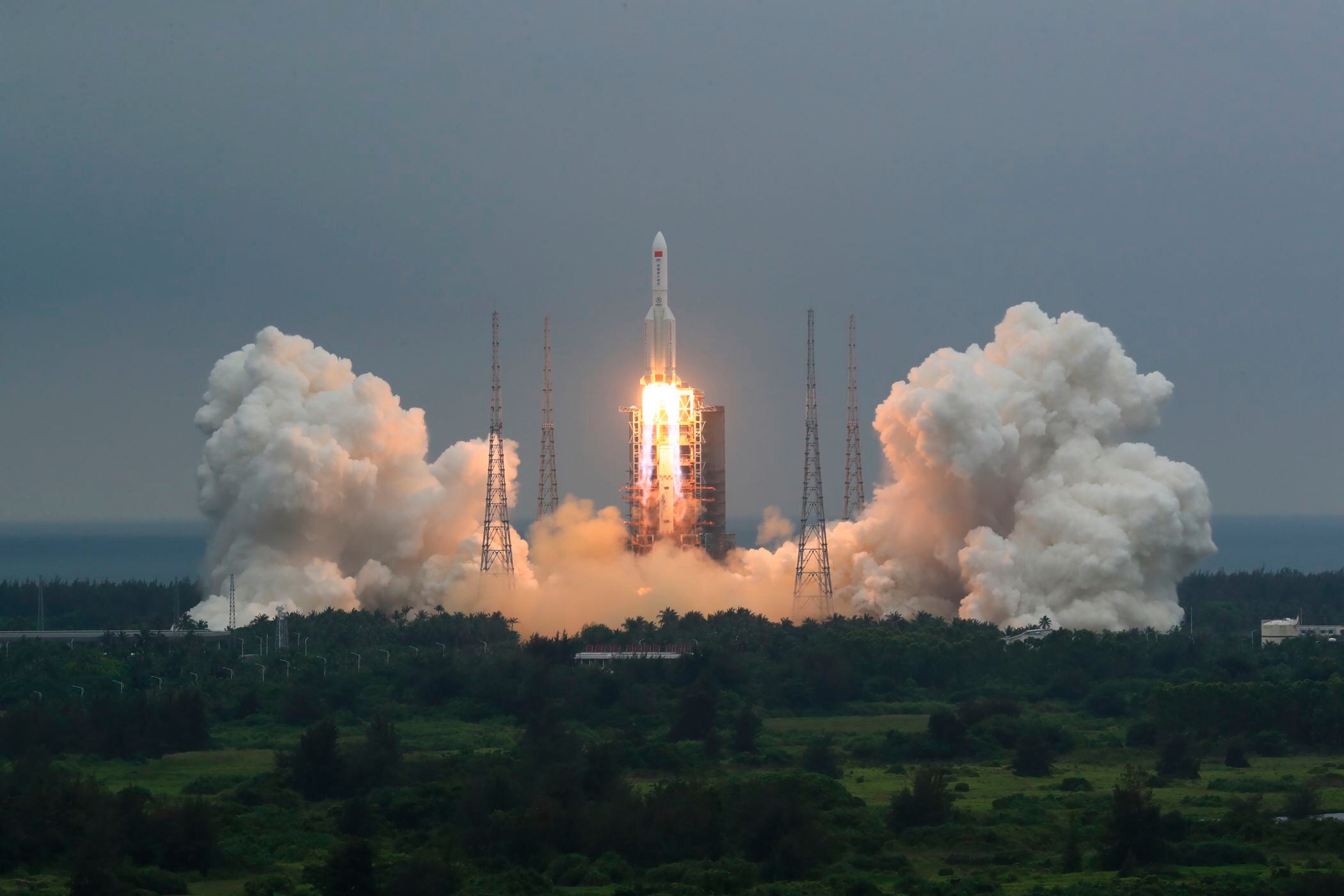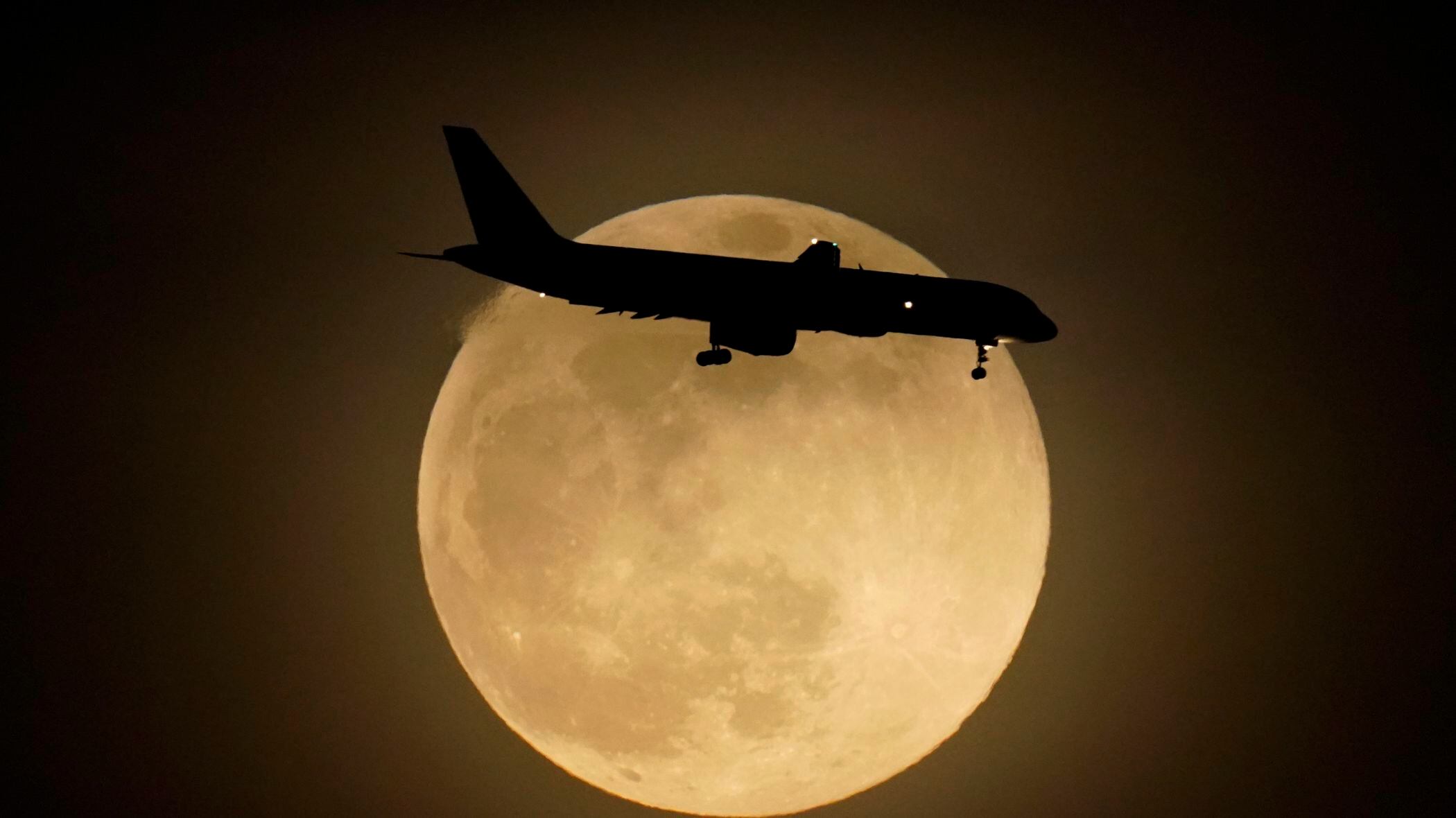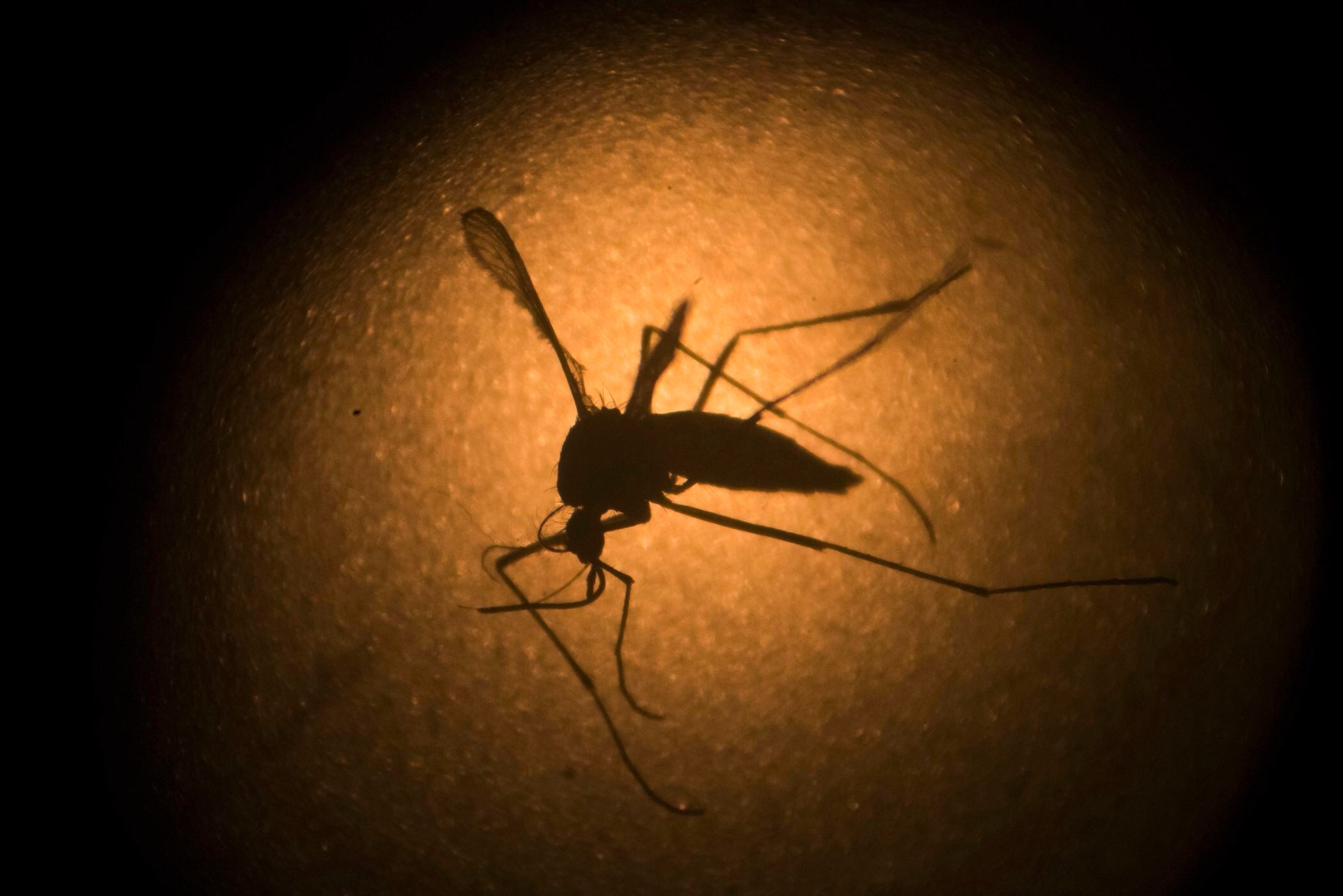A new study from the American College of Cardiology has found that the popular ketogenic or "keto" diet may contribute to higher levels of "bad cholesterol" and a twofold increase in the risk of heart attacks and strokes.
“Our study found that regular consumption of a self-reported diet low in carbohydrates and high in fat was associated with increased levels of LDL cholesterol— or “bad” cholesterol—and a higher risk of heart disease,” said Dr. Iulia Iatan, MD, PhD, lead author of the study and attending physician-scientist at the Healthy Heart Program Prevention Clinic in St. Paul’s Hospital.
“To our knowledge, our study is one of the first to examine the association between this type of dietary pattern and cardiovascular outcomes.”
The study points out that depriving the body of carbohydrates such as bread, pasta, and rice forces the body to break down fat for energy instead. This breakdown produces ketones in the liver, hence the name keto. Advocates for this type of diet suggest obtaining 60 to 80 percent of calories from fat.
By comparing this low-carbohydrate, high-fat (LCHF) diet with a more standard diet, the study found that it elevated levels of LDL cholesterol in some people, which is known to elevate the risk of heart disease.
Before starting this dietary pattern, they should consult a healthcare provider," Iatan said. "While on the diet, it is recommended they have their cholesterol levels monitored and should try to address other risk factors for heart disease or stroke, such as diabetes, high blood pressure, physical inactivity and smoking.”
The Food and Drug Administration said Monday the shot is safe and offers strong protection for younger teens based on testing of more than 2,000 U.S. volunteers.
British authorities are seeking to recapture a young minke whale lost far from home in the Thames River after it escaped from rescuers overnight.
From Wall Street to Silicon Valley, these are the top stories that moved markets and had investors, business leaders, and entrepreneurs talking this week on Cheddar.
Trillions of cicadas are about to emerge from 15 U.S. states. Scientists say Brood X (as in 10, not the letter) is one of the biggest for these bugs that come out only once every 17 years.
The largest section of the rocket that launched the main module of China’s first permanent space station into orbit is expected to plunge back to Earth as early as Saturday at an unknown location.
Turkey’s shipbreaking yard is located in the town of Aliaga - about 30 miles north of Port Izmir. Usually, this yard breaks down cargo and container ships. But in 2020, it started bringing in another type of vessel. And business is booming.
Air travel continues to recover from the pandemic, although it's still not close to normal.
Lincoln Mondy, advocate and filmmaker behind the short film "Black Lives/Black Lungs," talked to Cheddar about the FDA's announcement it will move to ban menthol-flavored cigarettes.
Genetically modified mosquitoes are being released in the Florida Keys in an effort to combat persistent insect-borne diseases such as Dengue fever and the Zika virus.
Disneyland has reopened after a 13-month closure. The iconic theme park in Southern California that was closed under the state's strict virus rules swung open its gates Friday and some visitors came in cheering and screaming with happiness.
